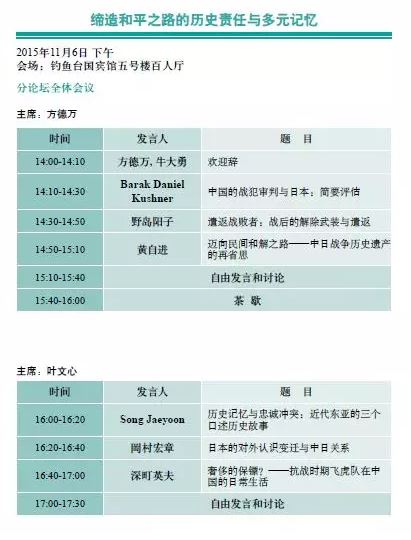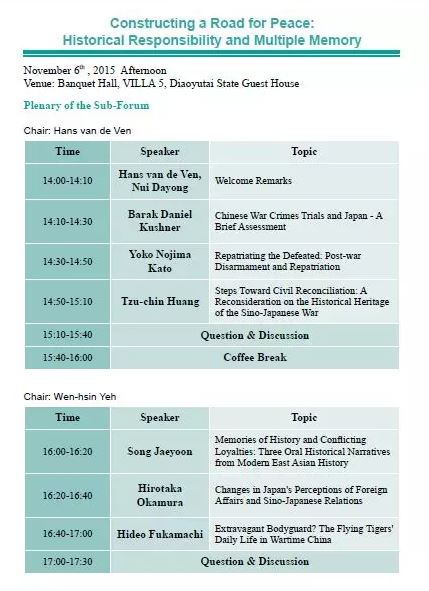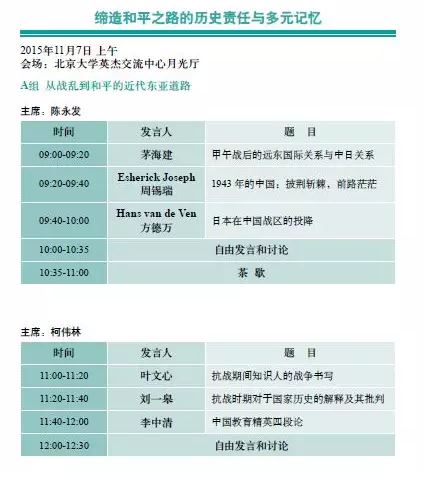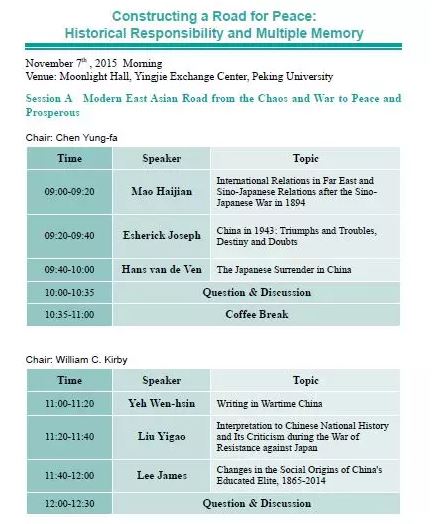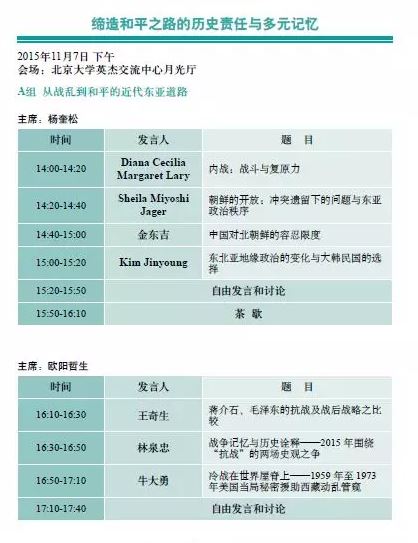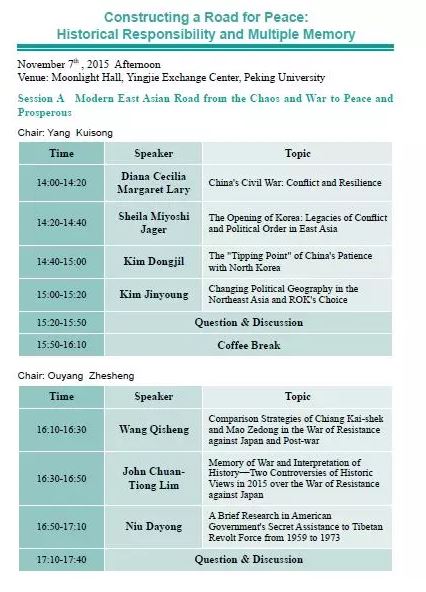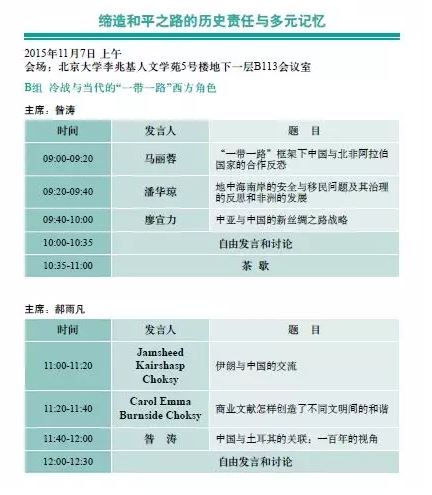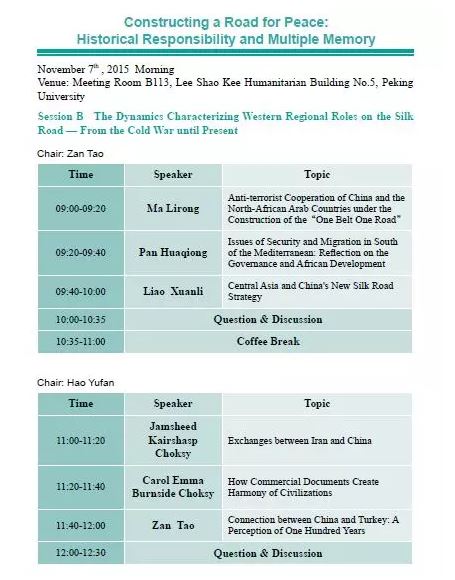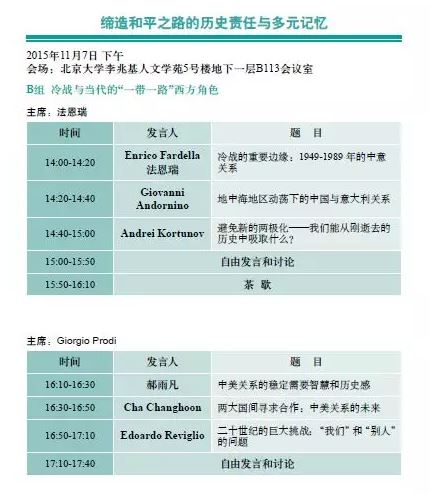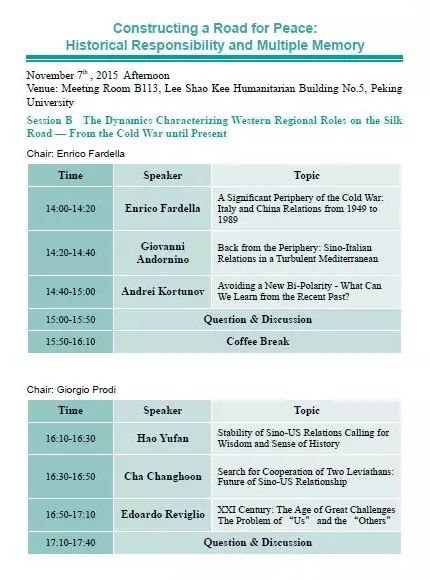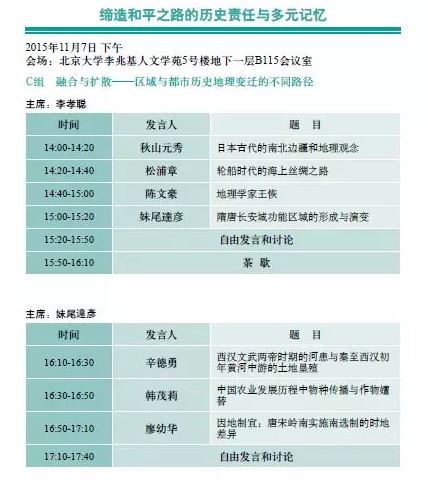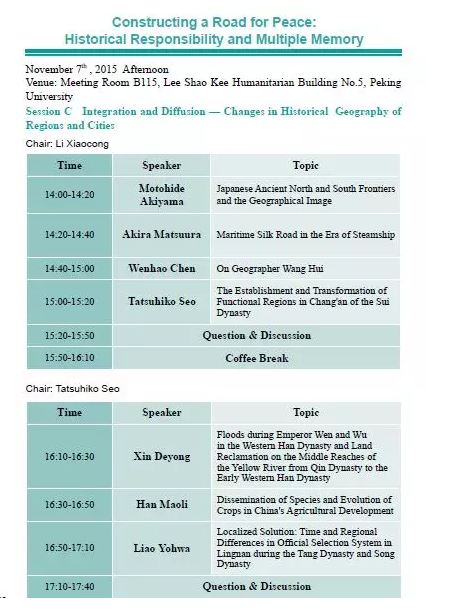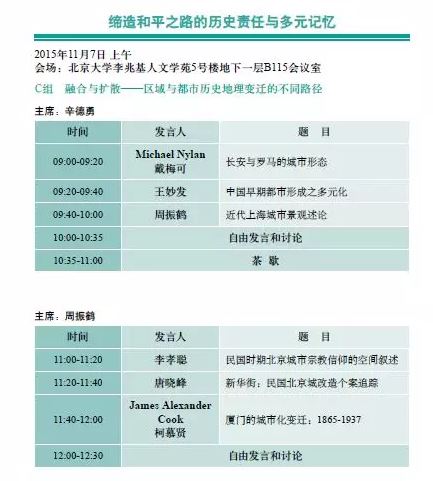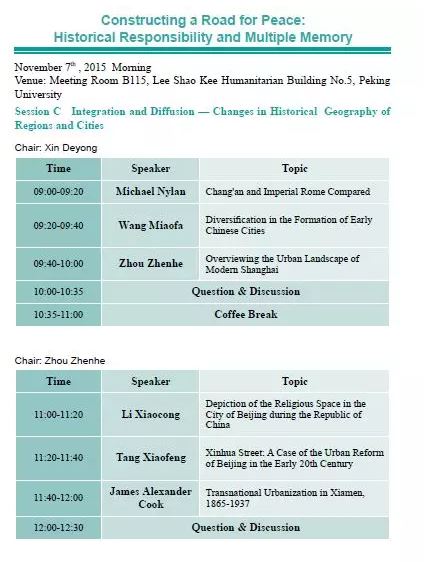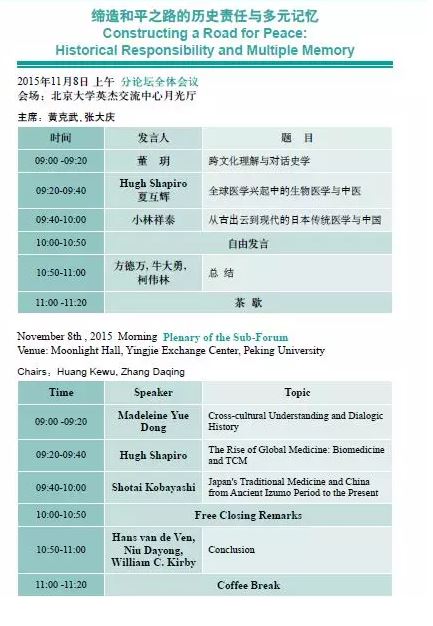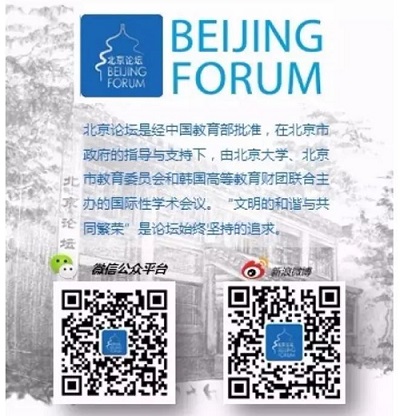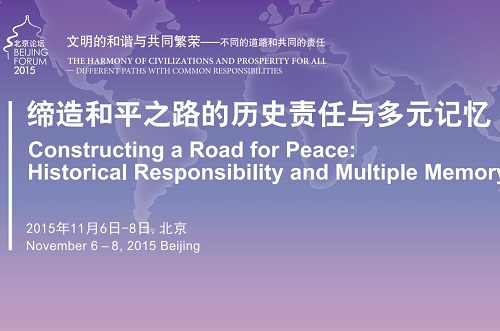

世界文明是在多種矛盾的沖突與調適、多元文化的交織與融匯👱🏼♀️、多方力量的競爭與凝聚♗💸、多條道路的開辟與選擇之中👯♂️,曲折發展,走向繁榮的✌🏽。人類社會經歷過和諧安定🧑⚕️⚰️、欣欣向榮的時期,也遭遇過充滿敵意的戰爭對抗。今年適逢世界反法西斯戰爭勝利七十周年,人們倍加珍惜和平👩🏼💼,憧憬繁榮,渴望擺脫恐怖與戰爭🫅🏻,在一個多文明共存的世界裏實現和諧共榮,就需要對戰爭與和平的歷史記憶進行深入的研究與交流,從不同的角度探討締造和平道路的歷史責任😣。
本分論壇由意昂2歷史學系和劍橋大學歷史學系合作舉辦,擬分為以下幾個分議題:
一、從戰亂走向和平的近代東亞道路
近代東亞國家及地區都曾經飽受戰爭和各種動亂之破壞📗,又由於在戰亂中所處的地位不同、擺脫戰亂走向和平的道路不同、戰後發展繁榮的道路也不同,存在著復雜多元的歷史記憶。這些復雜多元的歷史記憶可能成為今後和諧發展與共同繁榮的寶貴借鑒,但也有可能誤導出新的對抗。本分議題旨在探討包括抗日戰爭在內的近代東亞各種戰亂的根源、治亂興衰的歷史道路與責任,以及歷史記憶與和平發展之間的相互關聯。
二👨🏼🍼、絲綢之路西端各方在冷戰與當代的角色
南歐北非是古絲綢之路的西部終端,也是今日“一路一帶”的目的地之一。冷戰是第二次世界大戰後形成的又一次遊走在戰爭邊緣的國際格局,對東西方各地的發展影響至深☝🏿。
本分組議題旨在深入研討從冷戰到當代的中國與另一端的交互關系🏋🏼♀️。首先回顧這種關系的長時段歷史動力🚵🏼♂️,然後聚焦於現時的表現,特別是沿絲綢之路展現的歐亞地區整合的過程。地中海地區是研討的重心之一👮🏿,這裏將成為未來歲月歐中關系的發展平臺。通過對地中海南北岸區的整體分析,包括政治文化🅱️、經濟整合🕛、能源市場💄,本分議題研討的關照將得以擴展。雖然中國在該區域的經濟和政治方面尚屬初試身手,但其影響力已屬可觀,且具戰略意義。今日中國在地中海地區日益增長的影響,不僅僅涉及能源👩🏽🎨🫑,而且涉及製造業🎛、貿易,而最重要的是涉及該地區的安全領域🥊。該區域日漸分化,直接影響到中國的貿易和能源供給,而從中東到中亞的動亂和極端主義還會損害中國的核心利益。本分組將匯聚中外歐洲與地中海區域研究者們對中國在這一世界關鍵性的地緣政治與區域經濟中的成長角色的歷史評估。
三🔰🧞、融合與擴散——區域與都市歷史地理變遷的不同路徑
在北京論壇的主題“文明的和諧與共同繁榮——不同的道路和共同的責任”的統照之下👴🏻,本組分論壇擬從不同文明的互融(如明清以來西方文化因素在城市和區域空間形態上的反映)和重要經濟、文化因素的傳播擴散(如明末以來域外農作物品種在中國的廣泛傳播)等多種角度,展現歷史經濟地理和文化地理面貌的演變和重構過程,揭示締造和平之路的歷史責任與多元記憶👨🏻🍼。
The world civilizations are currently facing conflicts and issues linked to the necessity to adapt in a context of multiple contradictions, multicultural interweaving and combinations, multi-power competition and aggregation, and the opening and selecting of numerous different paths – all in the pursuit of prosperous development.
The history of mankind shows periods of harmonious stability and steady growth, but also times of conflict and hostilities.
This year marks the seventieth anniversary of the world’s victory over fascism. People aspire for peace and economic development, wish to prevent terrorism and war, and search for harmony and prosperity in a multicultural world. Therefore it is essential to initiatein-depth researches and dialogues on the history of war and peace; to use various viewpoints to look into the historical duties inherent to the construction of a road towards peace.
This panel is organized by the History Department of Peking University with the assistance of the History Department of Cambridge University.
It is divided into sessions that will address the following topics:
● The modern East Asian path - from the chaos of war to peace
All modern Eastern Asian countries have suffered from the ravages caused by periods of war and turmoil. During those,different positions co-existed, and various attempts were made to put a halt towar and move towards peace; post-war economic development has also been multi-faceted, and therefore historical memories are as complex as they are varied. This complexity can be used as a precious reference point for the future’s harmonious development and common prosperity, but it can also be the source of new problems. This panel aims to investigate the origins of the chaos caused by war in modern East Asia, and will include, but not be limited to, the War of Resistance against Japan, the historical route and approaches that led from war to order, and the inter connections that exist between historical memory and peaceful development.
In order to offer a better understanding of the fundamental developments that gave shape to the current political order in East Asia, our proposed panel will pay particular attention to the military events that shaped this order, and to the international diplomatic developments that created the essential basis for its continuity.
● The part played by countries west of the Silk Road from the Cold war until Today
Southern Europe and Northern Africa make the western end of the ancient Silk Road, and are also included in today’s "one belt one road" strategy. The Cold War that followed WWII was a time period when mankind, once again, came to the brink of war. It had a deep impact on the development of both Eastern and Western nations. The panel will look at the past dynamics of these Cold War years, and will also focus on the present, especially in light of the Eurasian integration process, and of the Silk Road initiative.
The panel will particularly concentrate on the Mediterranean as the geographical platform where Sino-European relations might develop in the next decades. By proposing a more holistic approach to the Mediterranean space, analyzed through the relations connecting its northern and southern shores, it will expand its focus by including political cultures, economic interdependence, and energy markets. While China’s economic and political footprint in the region is farfrom having reached its full maturity, its strategic impact has already beenfelt by actors in the field. China’s growing presence in the Mediterranean has now become a tangible phenomenon in areas which not only includes energy but also manufacturing, trade and, first and foremost, security. The growing balkanization of the region affects Chinese trade and energy supplies directly,while the increasing instability and extremism spreading from the Middle East to Central Asia impinge on Chinese core interests. The panel will bring together European and regional viewpoints on China’s growing role in one of the pivotal geopolitical and geo-economic areas in the world.
● Integration and diffusion - changes in the historical geography of regions and cities
In accordance with the Beijing Forum’s theme, “The Harmony of Civilizations and Prosperity for All - Different Paths with Common Responsibilities”, this panel will review various perspectives on proliferation and dissemination of civilizational fusion (such as the effects Western cultural factors had on the shaping of urban and regional spaces during the Ming and Qing dynasties); it will identify important economic and cultural factors (e.g. the extensive propagation of non-indigenous crops since the late Ming period), that led to the development and reconstruction of historical and economic geography, or of cultural geography, and show the historical responsibilities and memories of the road towards peace.
